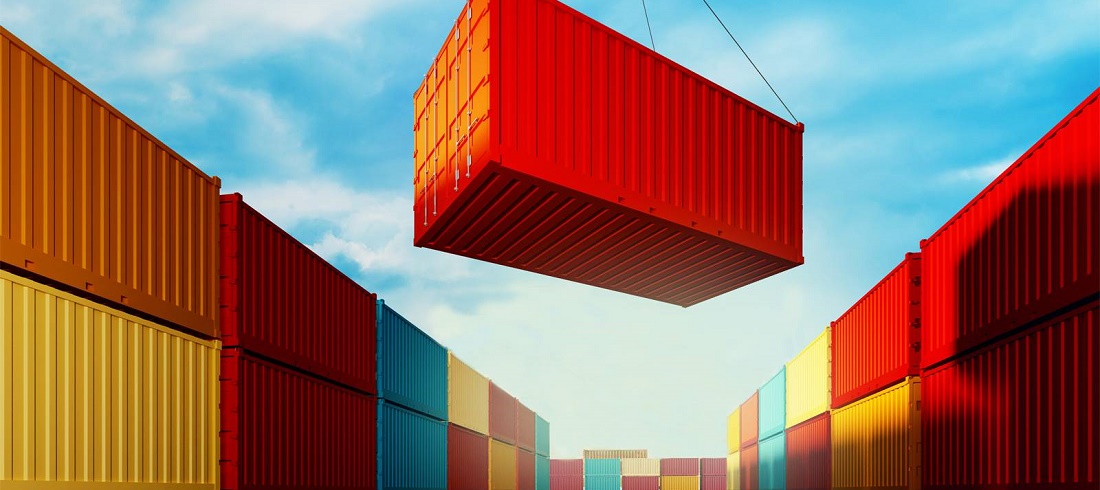
Exporters go to court against container-scanning tariff
Nov, 27, 2020 Posted by Ruth HollardWeek 202049
Exporters and importers are going to court against the tariff charged by port operators for scanning containers – the non-invasive inspection determined by the Brazilian federal revenue service. In Bahia, the proceedings have been favorable, while in the states of São Paulo and Espírito Santo, the few appeals decisions have gone against the companies.
The value is established by each port operator. It ranges from R$ 80 to R$ 1,000 per unit, according to CNI, the national industry confederation, which tried unsuccessfully to challenge the charge by administrative means. And it is now considering going to the Judiciary, as the tariff weighs on the pockets of exporters and importers, who handled more than four million containers in 2019.
The request was denied by ANTAQ, the national waterway transport agency. The entity considered the tariff to be legal but understood that it should not be included in the package of services paid for cargo handling – the so-called box rate.
According to ABRATEC, the Brazilian association of container terminals, the tariff began to be charged in the country in 2012, after an ordinance was issued by the federal revenue service to oblige port operators to provide non-invasive inspection equipment (scanners) at no charge to the agency, in addition to qualified personnel at the agency’s command.
The forecast is in Ordinance No. 3,158, of 2011, which revoked a rule from the previous year, with a subsequent wording change in 2014. The ordinance regulates Law 12,350, of 2010, which attributes competence to the federal revenue service to define the technical and operational criteria for customs.
In the lawsuits, the companies claim that the tariff started to be demanded without editing a specific law and that it should be included in the package of services offered by port operators.
The argument was accepted in an injunction that benefits the Association of Users of the Ports of Bahia (Usuport). In the decision (case nº 1040602-44.2020.4.01.3300), Judge Ávio Mozar José Ferraz de Novaes, of the 12th Federal Civil Court of the State, understood that the tariff should be included in the basket of services offered by the port terminal, in this case, the Tecon Salvador. He cites ANTAQ’s own rule (Resolution No. 2,389, 2012) to this effect. According to Article 11, according to the magistrate, the amounts spent on services made to meet the determinations of the customs authority must be included in the box rate, “which, in itself – at least in this summary assessment – appears to disallow the collection of these amounts.”
Another decision benefits a company that operates in copper smelting and refining. The sentence was handed down by Judge Carlos D’ávila Teixeira, of the 13th Civil Court of Bahia. He considered the tariff to be illegal and ordered reimbursement for the past five years. For the magistrate, it is a security measure, resulting from the police power of the federal revenue service, and that, therefore, the collection should have been established by law. He adds in the decision that, even though container scanning is not considered an exercise of police power that implies the creation of a tax, “any expense to make customs clearance possible should be supported by the company, since it is part of the business”.
For the lawyer accompanying the two cases, Fernando Antonio da Silva Neves, from the office of Fernando Neves Advogados e Consultores, there is a lack of legal support for the collection. “The companies that use the ports unduly spend exorbitant amounts across the country and ANTAQ places itself in a position of regulatory omission”, he says. He also highlights the importance of the injunction obtained by Usuport, which can also be used by exporters and importers who associate with the entity, as determined by the judge.
In a note signed by its executive director, Demir Lourenço, Tecon Salvador informs that it is appealing both decisions “and is quite convinced that they will be reversed since its entire procedure is supported by law, duly regulated by ANTAQ, which it is the competent authority, and is practiced by terminals all over Brazil and the world ”. And he adds: “There is no irregularity or even injustice in charging for services”.
Source: Valor Econômico
-
Shipping
Dec, 25, 2018
0
OOCL, part of COSCO, introduces TLA1 service between Far East and East Coast South America
-
Other Logistics
Jan, 05, 2024
0
Wilson Sons Boosts Efficiency with New Digital System at Santo André Logistics Centre in São Paulo
-
Economy
Jan, 02, 2023
0
Brazil has record surplus of USD 62.3 billion in 2022
-
Grains
Feb, 16, 2021
0
3000 soy trucks stuck in traffic at Pará terminal


